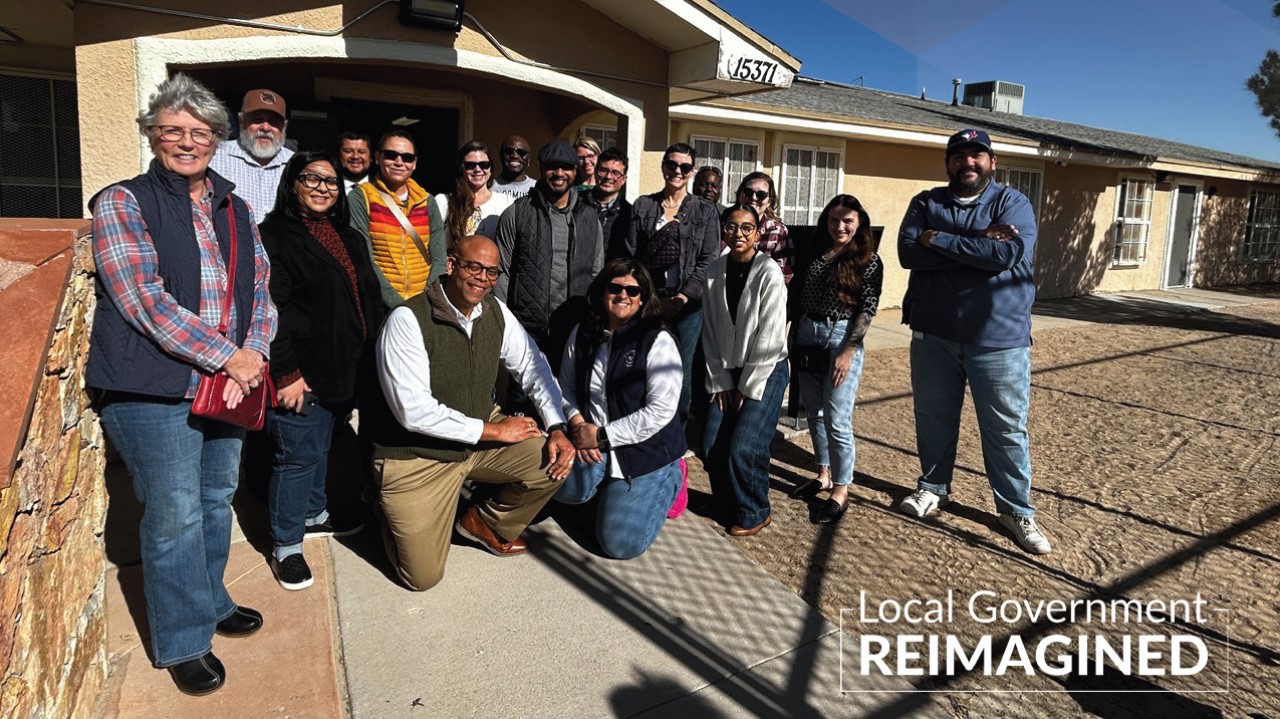
Over the past year, with support from the Gates Foundation, ICMA launched new programming aimed at boosting upward mobility in local communities. Our aim has been to raise awareness among local decision makers about opportunities to influence conditions that make it possible for all residents to move up the economic ladder and lead healthy,
prosperous lives.
As evidenced by responses to ICMA’s recent survey, we understand that the phrase “economic mobility” might not be one you routinely use to describe your priorities or service areas. Or you might think of it as just a large-city issue, beyond the capacity of smaller communities to address. But as senior program manager Bailey Barnett notes in her summary of survey findings, you might be doing (or have capacity to do) more than you think.
To further illustrate this point, this supplement highlights examples of how ICMA members, along with their colleagues and partners, in a wide range of communities are working together to (explicitly and implicitly) address economic mobility challenges faced by residents.
A number of these examples come from participants in our first Economic Mobility and Opportunity peer learning cohort. This group of 10 diverse localities included rural and urban communities; towns, cities, and counties; and small to large geographies and populations. The teams of local government leaders and community partners chose to focus on specific challenges related to housing, job opportunities and business development, engaging vulnerable populations, support for working families, and more. They worked to carve out appropriate and feasible roles for their local governments relative to other types of local and regional partners with different budgets, authorities, and expertise.
For further inspiration, we invited colleagues with deep expertise in policy and programming in support of livable communities and smart growth to offer their commentary on how economic mobility issues show up in their work.
As ICMA CEO/Executive Director Marc Ott acknowledged in the July 2023 issue of PM, changing the trajectory of economic mobility will require collaboration among businesses, community and advocacy groups, and individual residents, as well as local and state government. But we hope these examples and recommendations will help local government managers consider opportunities to catalyze partnerships, implement policies, and effect conditions that make it easier for people to learn, grow, and get ahead.
“Consistent with the ICMA Code of Ethics and Declaration of Ideals,” wrote Ott, “it is an outstanding example of how our profession serves the best interests of all people, eliminating barriers to public involvement in decisions, programs, and services, and promotes mobility and opportunity for all people in all communities.”
New, Reduced Membership Dues
A new, reduced dues rate is available for CAOs/ACAOs, along with additional discounts for those in smaller communities, has been implemented. Learn more and be sure to join or renew today!
